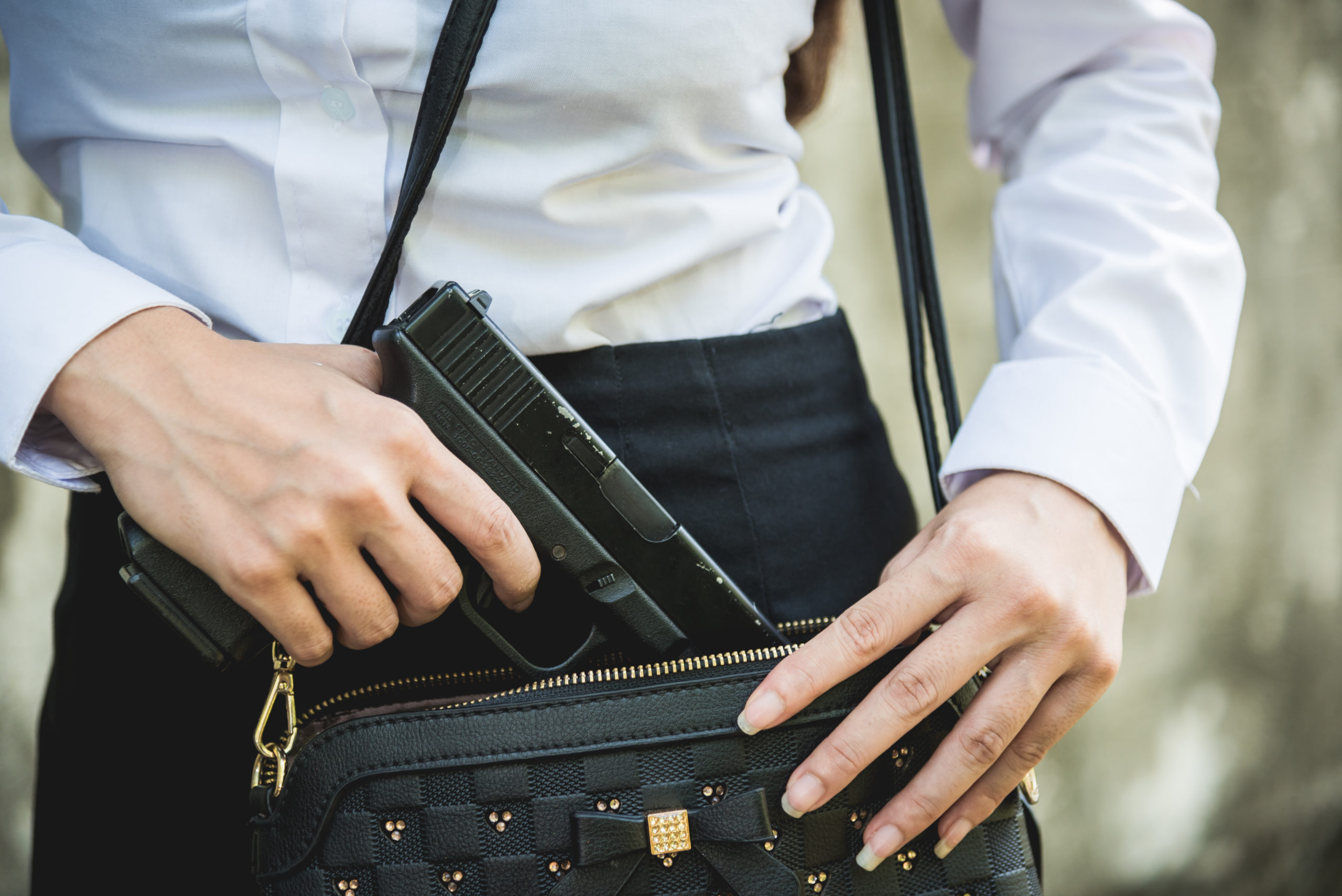WARNING – These new laws do NOT go into effect until July 1, 2021.
Effective July 1, 2021, Iowa’s gun laws will change significantly following Governor Reynold’s approving House File 756, an Act Relating to the Acquisition and Possession of Weapons and Providing Penalties. How these new changes will interact with federal requirements is yet to be determined. A more in-depth and comprehensive discussion of each change will be the subject of additional blogs but here is a general overview of the top 6 changes that the new law will make to Iowa’s firearm rights.
- Removal of the Requirement of a Permit to Acquire a Pistol or Revolver. This new law rescinds the old requirement to obtain a permit to acquire a pistol or revolver. All that will be required to purchase a pistol or revolver from a federally licensed firearm dealer is a satisfactory national instant criminal background check. The new law also eliminates the permit requirement for a private sale or transfer of a dangerous weapon and replaces it with a prohibition on the transferor making it a felony to transfer a pistol or revolver to a person who the transferor “knows or reasonably should know … is ineligible to possess dangerous weapons.”
- Elimination of the Crime of Carrying Weapons. The crime of Carrying a Weapon will be replaced with the offense of “Use of a Dangerous Weapon in the Commission of a Crime.” This new offense requires the person to actually use the dangerous weapon in the commission of a crime before they are guilty of this new offense. “Use” will still need to be defined by the courts. NOTE – The crime of Carrying a Dangerous Weapon While Intoxicated remains unchanged. It is still a crime to carry a dangerous weapon while intoxicated.
- Removal of Statutory Requirement for Permit to Carry a Concealed Weapon. The elimination of the crime of Carrying Weapons also eliminates the criminal offense of carrying a dangerous weapon without a valid permit to carry. Thus, it will no longer be illegal to carry a dangerous weapon on one’s person or in a vehicle without first obtaining a permit to carry. The legality of carrying a weapon does however depend upon compliance with other laws as set forth below. The age-old advice of do not break two laws at the same time applies to carrying weapons.
- New Offenses Related to Ineligibility to Carry Dangerous Weapons – While carrying a dangerous weapon on one’s person will no longer be, in-and-of-itself a crime, doing so while committing a separate indictable offense or while illegally possessing a controlled substance is a new, separate and distinct criminal offense.
- New “Duty to Cooperate” – The new law imposes an affirmative duty by a person carrying a dangerous weapon to “cooperate with an investigating officer” if their “behavior creates a reasonable suspicion that the person presents a danger to the person’s self or others.”
- Certain Offenders’ Rights Restores – This new law automatically allows an individual who has a prior conviction for a disqualifying offense to exercise their new gun rights if they are eligible to have their civil rights regarding firearms restored and they meet specified conditions, one of which is that the person’s conviction for a disqualifying offense has been expunged.
There is a lot more to unpack with this new legislation which will be more thoroughly explored in additional articles yet to come. Until then, remember these changes DO NOT go into effect until July 1st! Also keep in mind it will still be illegal to carry a dangerous weapon while intoxicated, while possessing a controlled substance (yes marijuana is still a controlled substance), or while committing another indictable offense (serious misdemeanor or greater.)


